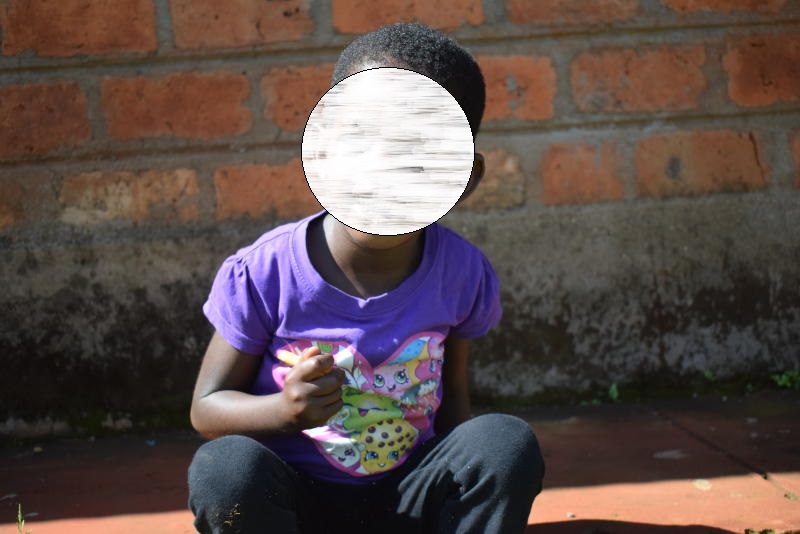
James Anyona AKA Autism Guy is taking on a 1,000 kilometre bike ride from Nairobi to Kisii to educate people on autism. All from inspiration of raising a five-year-old autistic daughter.
My wife was pregnant with our first child when she developed facial paralysis. I rushed her to a hospital in Kisii where a medical analysis revealed that at 5.4 kg, our unborn child was overweight and sitting on a nerve that was responsible for facial activity. Then, my wife’s mouth and eye on one half of her face was droopy and she couldn’t talk properly. She was in this state for two months even after getting a steroid jab to treat the paralysis. When she was due, we were advised to get an induced delivery to save her life.